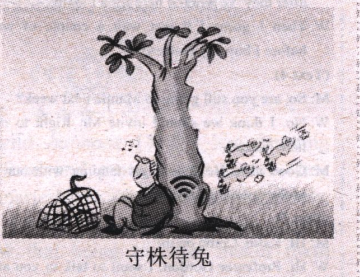0 132520 132528 132534 132538 132544 132546 132550 132556 132558 132564 132570 132574 132576 132580 132586 132588 132594 132598 132600 132604 132606 132610 132612 132614 132615 132616 132618 132619 132620 132622 132624 132628 132630 132634 132636 132640 132646 132648 132654 132658 132660 132664 132670 132676 132678 132684 132688 132690 132696 132700 132706 132714 151629
